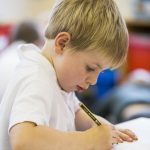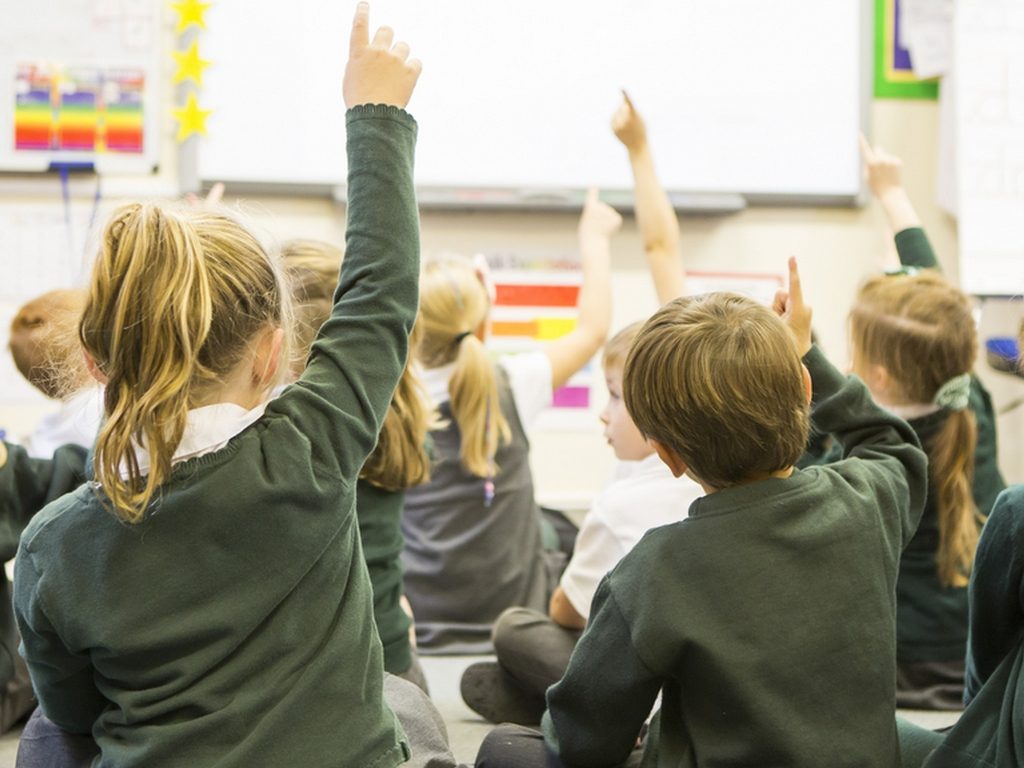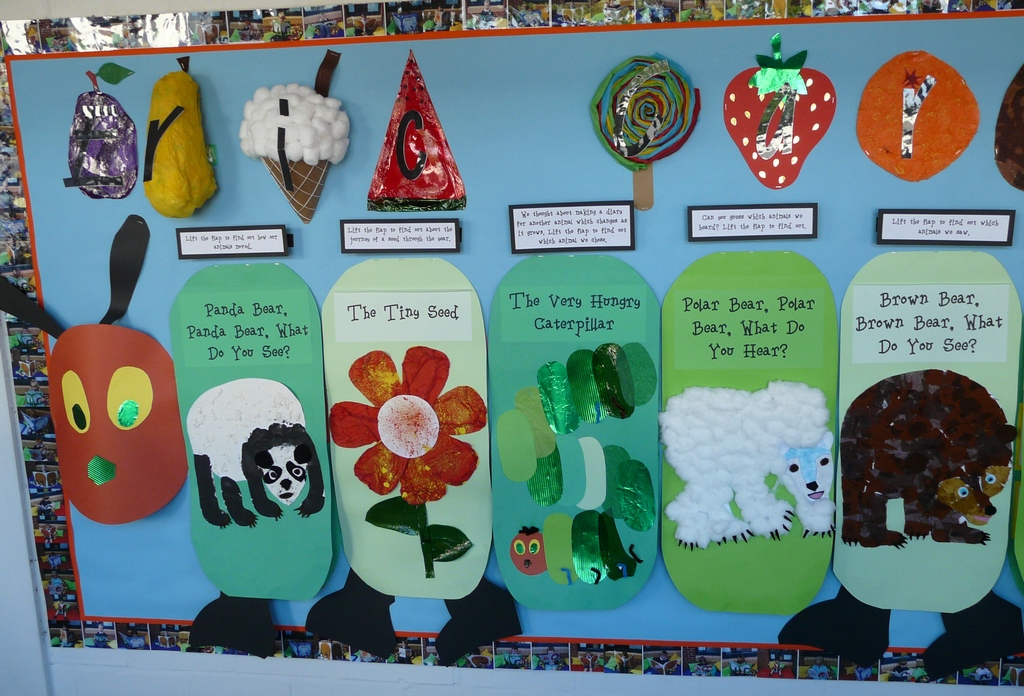School reopens
There are three curriculum stages within the school:
Early Years Foundation Stage – Foundation Class (First year at school)
Key Stage 1 – Years 1 and 2 (5-7 year olds)
Key Stage 2 – Years 3 to 6 (7-11 year olds)

There are three curriculum stages within the school:
Early Years Foundation Stage – Foundation Class (First year at school)
Key Stage 1 – Years 1 and 2 (5-7 year olds)
Key Stage 2 – Years 3 to 6 (7-11 year olds)
Our enthusiastic staff work hard to deliver an inspiring curriculum which has been carefully planned. We use a combination of ‘modern’ and ‘traditional’ methods giving what we feel is a successful and happy balance of educational style. Where possible, a thematic approach is used so that different subjects support and reinforce one another and give coherence to the overall learning process. This approach also enables a greater breadth and balance of subject matter to be achieved within the limit of time and resources. In addition, it helps the children understand the relevance of their work across a wider area of learning.

In the Foundation Stage, children continue the curriculum begun at their Pre-school, nursery or other child care setting.

In Key Stage One and Two the children follow the National Curriculum which has been a legal requirement in schools since 1988. The new National Curriculum for primary schools has three core subjects: English, Mathematics and Science and seven foundation subjects: Design and Technology, History, Geography, Music, Art and Design, Physical Education and Computing. In addition, a modern foreign language (French) is provided for children as a foundation subject in Key Stage 2. Religious Education is also included in the basic curriculum by law, along with Personal, Social and Health Education (PSHE) and Citizenship. The core and foundation subjects are part of every child’s entitlement.
The curriculum within the school has been carefully planned to provide a continuous and progressive learning experience throughout your child’s primary years. Our aim is that this learning should be stimulating and meaningful, contributing not only to their academic and physical progress but their spiritual, moral, social and cultural development. We seek to ensure that children can use their newly developed knowledge, skills, attitudes and abilities independently and every child is encouraged to apply themselves enthusiastically to their learning to achieve their full potential.
A balanced and broadly‑based curriculum cannot be obtained through the National Curriculum alone. Other formal and informal curriculum activities are included to enrich the children’s school experience so that they acquire the skills, concepts, knowledge, attitudes and values that they will need for subsequent learning and adult life.
The whole ethos of the school is to create an environment that promotes independence. Within this atmosphere, children learn all the life skills that will allow them to take an active place in society.
The school’s policies for the different subject areas can be viewed in school.